
What accounts for resistance to science-backed evidence and vulnerability to misinformation and conspiracy theories? Takeaways from an integrative science symposium at APS’s 2023 International Convention of Psychological Science.
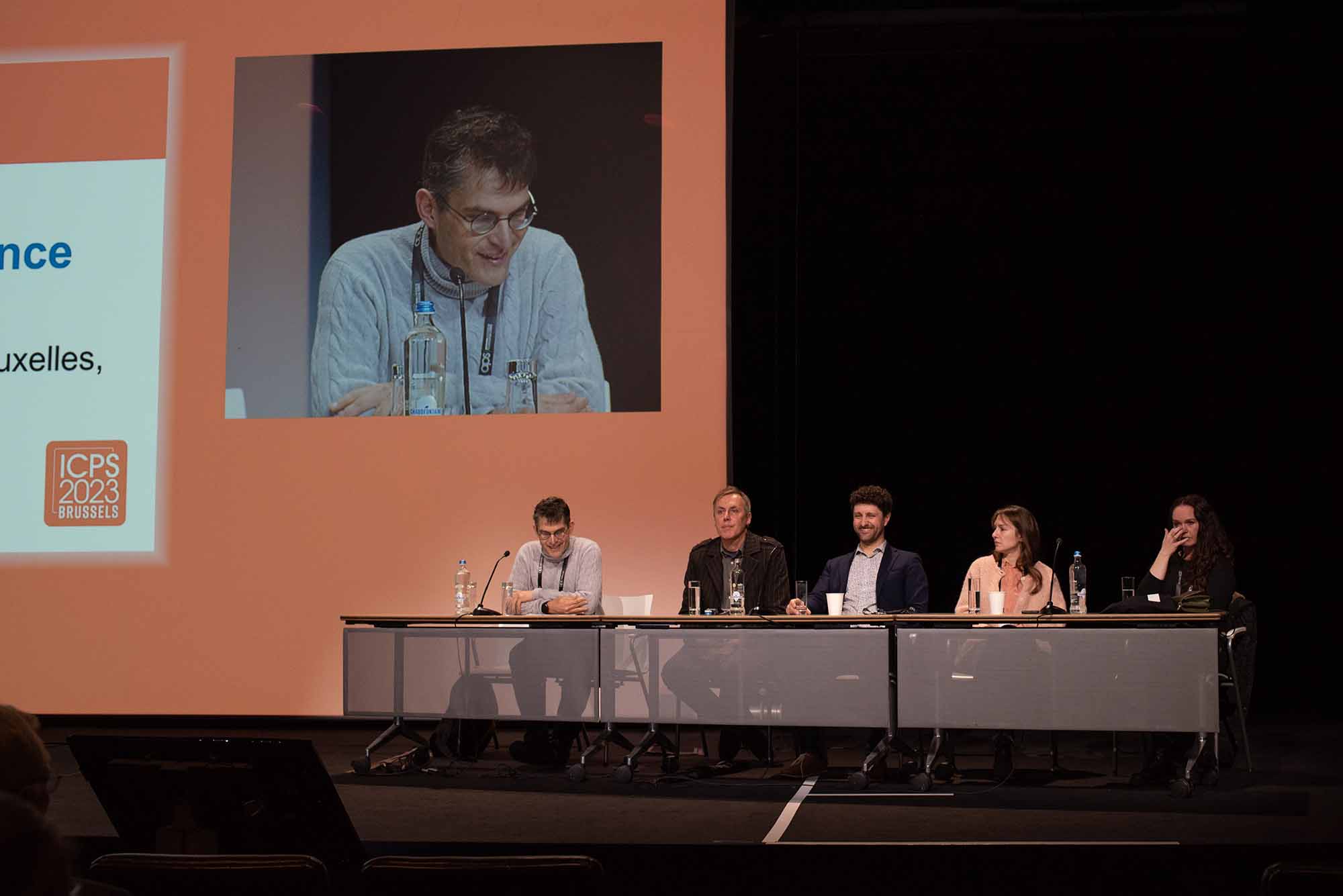
Browse this extensive collection of resources exploring how misinformation hobbles understanding of critical topics and what can be done to mitigate the risks.
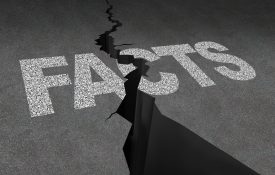
The global impact of misinformation has reached damaging new heights. Researchers are identifying promising strategies for fostering critical thinking and the truthful exchange of information.
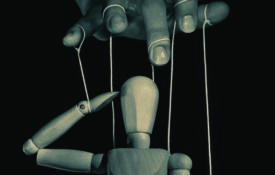
Podcast: How can our habits of thinking make us vulnerable to deception? How can we spot deception before it’s too late? Daniel Simons and Christopher Chabris answer these questions and more, drawing from their new book: Nobody's Fool: Why We Get Taken In and What We Can Do About It.
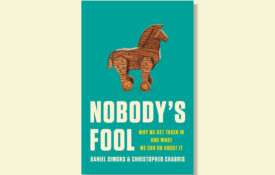
While many researchers continue to wrestle with the extent to which our memories can be relied on, others are exploring how this malleability can be harnessed to improve well-being.
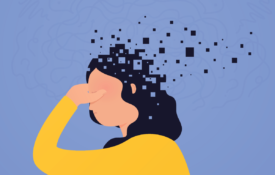
Online games and nudges aim to curb viral misinformation around vaccines and more.

Four researchers share their research related to behavior and climate.

Research credentials won’t resonate with science skeptics. Is it time for psychological science to incorporate tactics from public relations?

This white paper is a collection of the best and most relevant psychological science research on misinformation.

Under the Cortex takes a skeptical deep dive to explore some the most common myths about psychological science and the brain.

A confrontational approach to resolving conflicts may serve to entrench opposing views.
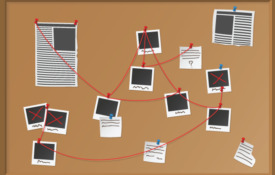
Sometimes the words we choose say more than we intend. New research on a fact-checked collection of tweets from former president Donald Trump uncovered telltale word choices when he was being deliberately misleading. [Video Included]

Is there anything we can do to change the minds of people to follow medical advice and get vaccinated? To help us unravel these vexing questions, Under the Cortex welcomes author and psychologist Dr. Stuart Vyse.

Explaining the meaning of “scientific consensus” may counter false beliefs about the safety of genetically modified foods. This same approach, however, is less effective in convincing skeptics that climate change is real and caused by humans.

"Max” Bai talks about the research on misinformation he presented at the 2022 APS Annual Convention in Chicago.

Perhaps the best known personality test is the Myers-Briggs Type Indicator. This episode takes a deep dive into the skeptical side of this topic with Dan McAdams, a professor of psychology at Northwestern University.
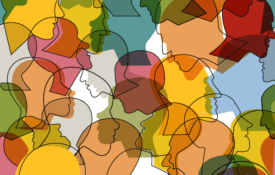
To correct misinformation and “fake news,” you need to provide a detailed counter-message with new information.
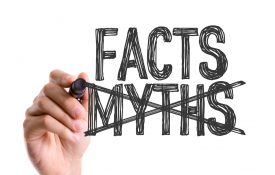
Social conservatives are more likely to believe untrue warnings about possible threats than are liberals, two studies show.

Voters may form false memories after seeing fabricated news stories, especially if those stories align with their political beliefs, a study shows.

Exposure to false information about an event usually makes it more difficult for people to recall the original details, but new research suggests that there may be times when misinformation actually boosts memory.

Research reveals that the more people think they know about a topic in general, the more likely they are to allege knowledge of completely made-up information and false facts.

Childhood vaccines do not cause autism. Global warming is confirmed by science. And yet, many people believe claims to the contrary. Why does misinformation stick?
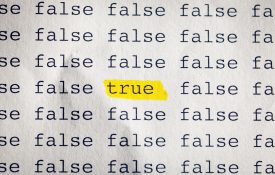
This will prepare students to understand how all parts of the brain contribute to behavior.
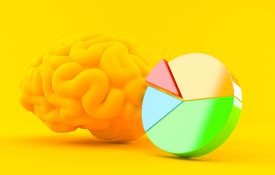
What does psychological science have to say about conspiracy theories, especially during the COVID-19 pandemic? [May 27, 2020]
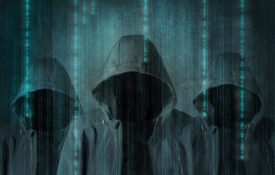
This symposium focuses on understanding the psychological underpinnings and consequences of these beliefs and attitudes. Speakers also examine the role of disinformation and conspiracy theories.
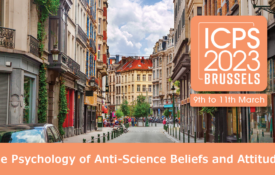
Exploring the realities behind the effects of sugar illustrate many psychological concepts, including hunger, evolution, and psychopathology.

This provides students with an opportunity to see that, often, analyses may lead to conclusions that are not final.

Instructors should be prepared to listen for —and challenge — belief perseverance, and can use this myth to highlight how automatic and difficult belief perseverance can be to overcome.
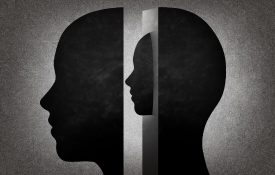
A simple ‘nudge’ encourages people to share more truthful COVID-19 content online. [July 2, 2020]

Activities in this unit reveal how eyewitness testimony is subject to unconscious memory distortions and biases even among the most confident of witnesses.

Two psychological scientists explore methods to improve uptake of public health interventions and invite other researchers to consider how their work can help address public health issues.

This resource draws from research published in APS journals and other sources, along with interviews with several psychological scientists.

Exploring this claim provides an opportunity to discuss issues involving nature and nurture in developmental and personality psychology.

Podcast: Excerpts from our first 100 episodes: a skeptical look at the Myers-Briggs test, what happens in the grieving brain, common myths of psychological science, and more.
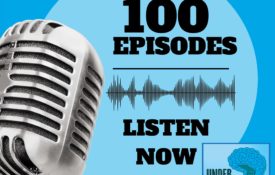
Science is revealing that the negative stereotypes about the generation born between 1980 and 2000 are inaccurate.

Powell writes that many educational materials are designed with the best intentions but should be tested empirically to ensure people understand the information correctly.

This collection of Flash Talks from the 2021 APS Virtual Convention highlights students’ and early-career researchers’ work on misinformation and combating widely held misconceptions in psychological science and beyond.
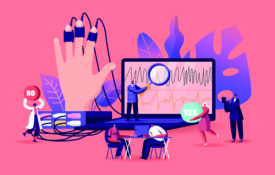
Featuring content on myths and misinformation, epidemics and public health, and upcoming events.
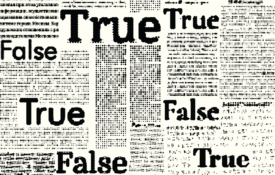
Overcoming anti-science beliefs will require proactive public-awareness and issue-management campaigns.

Through a variety of efforts—including the APS COVID-19 global initiative and a new white paper for policymakers, the scientific community, the media, and the public—APS and its members are researching and combating misinformation.

David Rapp discusses reading comprehension and his research on the factors influencing individuals' vulnerability to misinformation.

Karen Douglas, a professor of social psychology at the University of Kent, studies the psychology of conspiracy theories.
